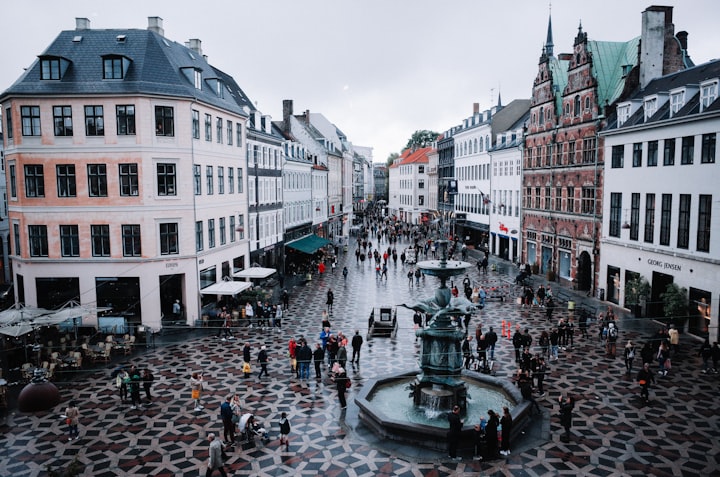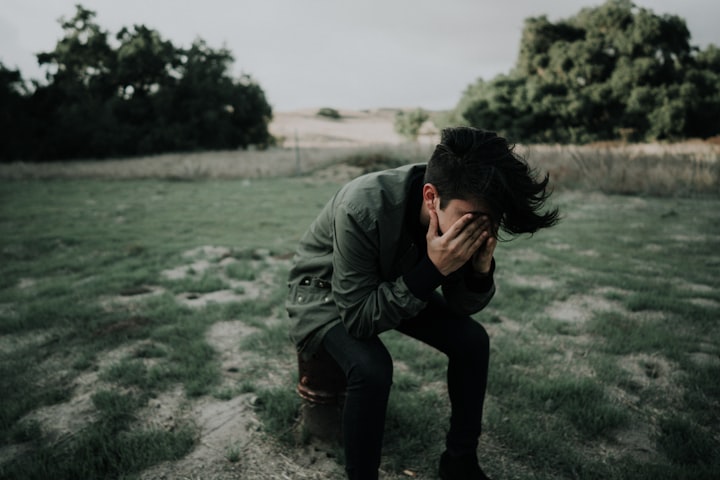Psychologists Were Puzzled; Why Did No One Intervene?
This knowledge could save a life
A man walks up to another, for no apparent reason, he punches him in the face. The innocent victim is knocked to the ground and cracks his head on the pavement.
Despite the man on the ground being unconscious, the attacker doesn’t stop. He kicks the prone man 47 times to his body and stamps on his skull.
The incident is caught on CCTV cameras. It is late, the street is busy, but there is good street lighting. There are many people who watch this prolonged brutal assault, but nobody makes an attempt to stop the attacker.
It has psychologists puzzled, why did no one intervene?
This CCTV footage was one of 81 incidents being examined by researchers conducting an observational study into the ‘bystander effect’. From viewing the footage, they pick out 764 bystanders who saw and heard a fellow human being assaulted… but all 764 stand back and do nothing.
Nobody came to help. Nobody called the police. Nobody phoned for an ambulance.
Psychologists categorise it as the ‘Diffusion of responsibility’.
A lone bystander notices the situation. He correctly labels it as an emergency and assumes responsibility. He decides to help and does what he can— that is how most people react on their own. But this is different, there are other people present.
Being in a crowd interferes with this process.
When alone, defining a situation is straightforward because we use our own judgment, whereas in a group of strangers, a process known as ‘social comparison’ takes place where everyone looks to others' reactions to define the situation.
If others lack worry or do nothing, the likelihood of the victim being helped is significantly reduced. We assume others will take responsibility. The burden of responsibility is diluted among the number of bystanders present at the scene.
- ‘Someone else will phone the police.’
- ‘Someone else will be more qualified to help than me.’
- ‘No-one else is doing anything, it can’t be that serious.’
The more people there are, the less likely you are to get involved.
Even those in a position of power suffer from the bystander effect.
After 30-years as a police officer, I’ve seen the lot. I’ve stood facing a picket line during the miners' strike and
It can affect your generosity.
Another experiment measured the generosity of people in increasing group sizes. Solitary individuals were found to be the most likely to donate, and their contributions were the most generous. As group size increased, donations grew smaller.
Psychologist Hannah Fromell also supports the bystander effect using a ‘dictator game’.
Participants were assigned as responders or dictators. The dictators had charge of a cash prize, they could determine how much they keep for themselves and what they gave to the responders. The experiment found lower rates of generosity when the participants were in the presence of bystanders. This suggests people are less likely to act pro-socially and share with other respondents if other people are present.
But now you know about the bystander effect.
The next time you come across someone who has collapsed in the street, YOU be the one to phone for an ambulance.
If someone’s life is in danger, tap the nearest person to you and say, ‘We need to help that guy.’ The touch is enough to snap people out of inaction. Single out your help, ‘You in the red shirt, come with me.’ Be direct with your instruction, the person should be in no doubt you have made them responsible, ‘You with the tartan skirt, go get a bandage from that shop.’
Enlist the help of other bystanders. Tell them what to do — it is in our nature to respond to direct requests.
Check they understand what you are asking, even if it is a simple request, getting a ‘yes’ reinforces the request and makes people more likely to stick to the plan. Ask others to keep the area clear, or to find a police officer. People need a purpose, even if that purpose is to stand there and do nothing more than direct an ambulance to your location.
Your actions might save a life.
About the Creator
Malky McEwan
Curious mind. Author of three funny memoirs. Top writer on Quora and Medium x 9. Writing to entertain, and inform. Goal: become the oldest person in the world (breaking my record every day).







Comments
There are no comments for this story
Be the first to respond and start the conversation.